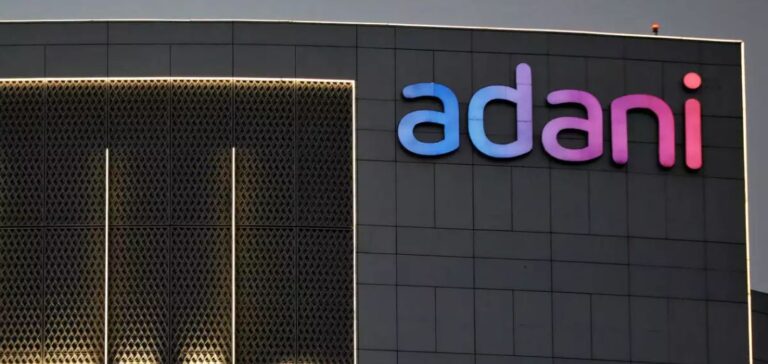India is set to begin construction of a 120-megawatt solar power plant in the Sampur region of north-eastern Sri Lanka, according to an official statement from the Indian Ministry of External Affairs. The project, led by Indian state-owned company NTPC (National Thermal Power Corporation), will be symbolically launched on April 5 during the official visit of Indian Prime Minister Narendra Modi, alongside Sri Lankan President Anura Kumara Dissanayake.
A reactivated project amid regional rivalry
This development comes less than two months after the cancellation of a wind farm project supported by Indian private conglomerate Adani, valued at over €420mn, in the north-west of the island. The decision followed a renegotiation of the contract, with the Sri Lankan government deeming the electricity purchase price too high and raising concerns over the agreement’s transparency.
The solar initiative in Sampur, in planning for several years, reflects India’s efforts to reclaim economic ground in a country where China has increased its presence through multiple infrastructure investments. Vikram Misri, Secretary at the Indian Ministry of External Affairs, described the launch as a significant step in bilateral cooperation between the two nations.
Economic context and judicial background
Adani’s project cancellation comes as the conglomerate, led by billionaire Gautam Adani—a close associate of Prime Minister Modi—had pledged $1bn in renewable energy investments in Sri Lanka. Gautam Adani was indicted in 2024 by US federal authorities in a corruption case involving solar energy contracts in India.
The Sampur project emerges as Sri Lanka begins economic recovery two years after a major financial crisis. In 2024, the country recorded a 5% growth rate, described as significant by the International Monetary Fund (IMF).






















